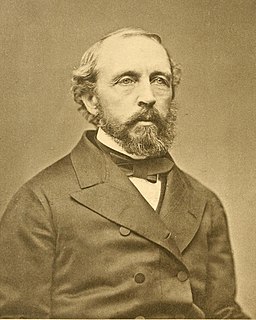A Quote by Michel de Montaigne
Fie on the eloquence that leaves us craving itself, not things!
Related Quotes
O, that this too too solid flesh would melt Thaw and resolve itself into a dew! Or that the Everlasting had not fix'd His canon 'gainst self-slaughter! O God! God! How weary, stale, flat and unprofitable, (135) Seem to me all the uses of this world! Fie on't! ah fie! 'tis an unweeded garden, That grows to seed; things rank and gross in nature Possess it merely. That it should come to this! But two months dead: nay, not so much, not two: (140) So excellent a king; that was, to this.
Autumnal -- nothing to do with leaves. It is to do with a certain brownness at the edges of the day ... Brown is creeping up on us, take my word for it ... Russets and tangerine shades of old gold flushing the very outside edge of the senses... deep shining ochres, burnt umber and parchments of baked earth -- reflecting on itself and through itself, filtering the light. At such times, perhaps, coincidentally, the leaves might fall, somewhere, by repute. Yesterday was blue, like smoke.
Eloquence, when at its highest pitch, leaves little room for reason or reflection; but addressing itself entirely to the fancy or the affections, captivates the willing hearers, and subdues their understanding. Happily, this pitch it seldom attains. But what a Tully or a Demosthenes could scarcely effect over a Roman or Athenian audience, every Capuchin, every itinerant or stationary teacher can perform over the generality of mankind, and in a higher degree, by touching such gross and vulgar passions.
Pain does two things: It teaches you, tells you that you're alive. Then it passes away and leaves you changed. It leaves you wiser, sometimes. Sometimes it leaves you stronger. Either way, pain leaves its mark, and everything important that will ever happen to you in life is going to involve it in one degree or another.



































